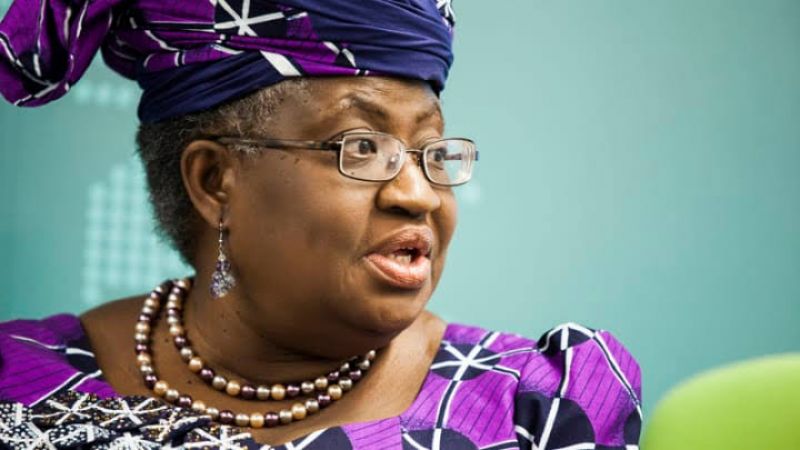Economy
Okonjo Iweala Assures Nigeria and Other African Countries Access to COVID-19 Vaccine by The First Quarter of 2021

Dr. Ngozi Okonjo Iweala, Nigeria’s former Minister of Finance and the current African Union Special Envoy on mobilising international economic support for the continental fight against COVID-19 has assured Nigerians and other African countries access to COVID-19 vaccine by the first quarter of next year.
This was disclosed by the Ministry of Foreign Affairs following a closed-door meeting held in Abuja on Wednesday with Geoffrey Onyeama, the Minister of Foreign Affairs.
According to Okonjo, negotiations are ongoing for the Pfizer vaccine and the AstraZeneca so that poorer countries are not left behind.
Quoting the former Minister of Finance, the ministry said; “So, the Pfizer vaccine, the AstraZeneca, those are being negotiated now so that poor countries don’t have to stand in line behind rich countries.
“So, we hope they are starting by the end of January. We will be able to reach these countries, including most of the African countries, Nigeria included, will be able to get access to some of these vaccines.
She also disclosed that the initiatives to ensure that the vaccines are affordable and timely deliver to developing and poorer countries include involving international bodies like the World Health Organization, the Coalition for Epidemic Preparedness Innovations (CEPI), GAVI and the international community.
“As long as one person has it in the world, no one is safe. And that is why poorer countries, lower-middle-income countries like Nigeria, need to get it as quickly as possible”. She said.
For Africa not having a high incidence rate like other countries, Okonji-Iweala said Africans are blessed. However, she warned African nations against complacency.
She recalled that a platform called the COVAX facility had been developed with 186 countries on board, saying that 92 countries have shown interest in serving the poor countries, and resources have been raised to get the vaccines available to them quickly.
“Initially, it will be for frontline health workers, followed by some other target groups – older people, those with underlying conditions and then, from there, the rest of the population. I think the COVAX facility can cover maybe 20-23 percent of the population by the end of next year”. She added.